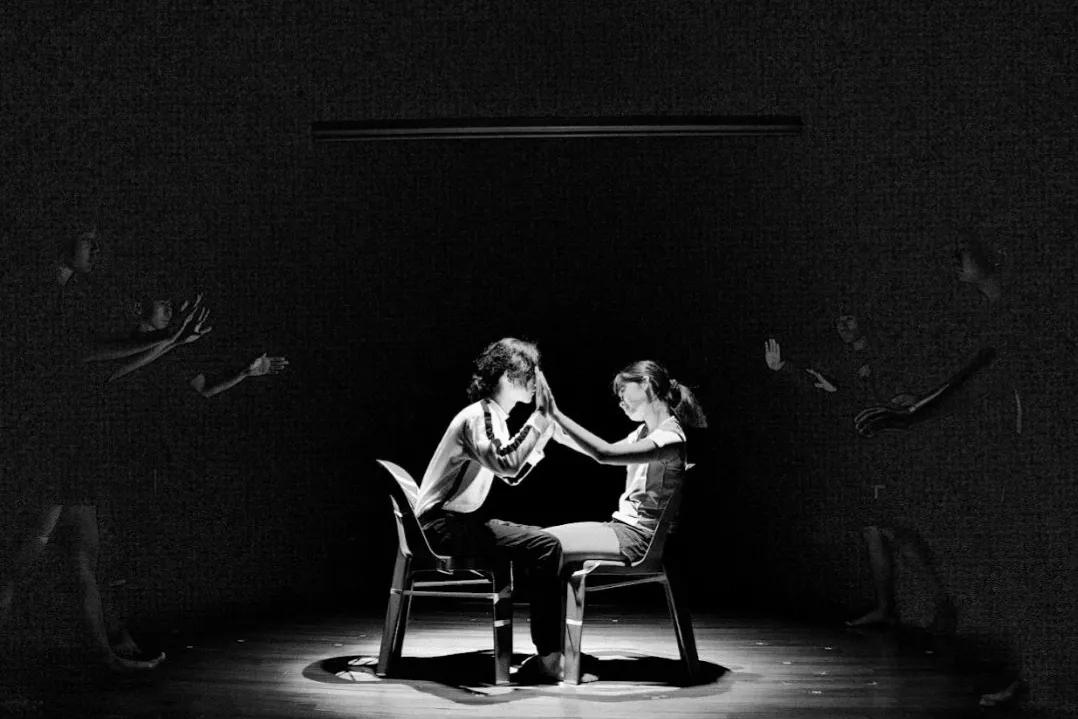Striking the Iron while Its Hot: Theatre Education at Tertiary Level
Small scene to a thriving industry
The theatre scene in Malaysia has seen steady growth in the past 15 years with more than 60 commercial and independent companies creating consistent productions for urban audiences from different social strata. New performing arts spaces have mushroomed across different urban developments which have increased opportunities for performance and productions. While there are many new and young theatremakers in the scene, they typically learn their craft informally. This has caused notable inconsistencies in artistic quality with weak production values dominating. While senior and veteran theatremakers teach and nurture young and aspiring artists, this is also mostly done informally, resulting in inconsistent teaching and learning. A formal, structured, and well-thought-out programme could solve these issues. It would also transform hobbyists into professionals, which in turn will heighten national benchmarks in terms of quality and quantity.
Growing interest and recognition
The interest in theatre education is also growing, with more private and public secondary schools providing theatre/drama practice/sessions as part of their curriculum, or as an after-school activity. The Ministry of Education has recently announced the establishment of formal secondary performing arts schools across the nation. These schools provide, in addition to standard K-12 education, a thorough introduction to music, dance and theatre. Theatre academies (The Actors Studio, Enfiniti, Blubricks, Helen O’ Grady, British Academy of Performing Arts) offer competitive part-time theatre/drama courses for children and teens over the weekends and school breaks. Some also offer exam-driven theatre education, i.e. Trinity College London’s Drama and Speech diplomas. Parents and educators see arts education as a significant medium to nurture curiosity, critical thinking, self-motivation and resilience, all of which are developed over time. It makes sense therefore that a tertiary path – one that is practice and career-driven – follows suit.
Community development
Theatre is grounded in narratives drawn from human experiences and functions as a ritualistic, communal and collaborative activity that encourages the development of a strong and holistic society. It is also a platform for entertaining the masses. Theatre (as with other performing arts and creative industries) has been proven to have discernible positive effects on its audiences, particularly as the country recovers mentally and spiritually from the pandemic.
National income potential
The founding of the Cultural Economy Development Agency (CENDANA) in 2016 reflects an endorsement by the Malaysian government on the cultural and economic impact of the performing arts and creative industries. In 2021 alone, the agency was allocated RM15 million from the country’s annual budget to be disbursed to projects and initiatives by local arts groups and collectives. This is followed by a RM100 million funding aid to help artists cope with the COVID-19 pandemic. According to Communications and Multimedia Minister Datuk Saifuddin Abdullah, there is much potential for the arts to become significant income-generators for the Malaysian economy, as exemplified in other developing and developed nations. UNESCO’s 2015 report also showed that globally, the creative industries contribute to 3% of the world’s GDP and 1% of global employment. In line with this, the creative industries contributed to 2% or RM29 billion of the country’s GDP in 2019.
Local Contexts, Global Praxis
While the study of theatre at the Bachelor's level is offered by several public universities across the nation, Sunway University’s upcoming programme focuses on contemporary theatre practices (alongside its histories, evolutions, and innovations) for a globalized, collaborative, and interdisciplinary world. The programme embeds critical theory, contextual studies and diverse viewpoints into a dynamic syllabus that combines both performance and production. Students learn to be socially conscious and responsible about the potential impact of their work and profession. The programme also provides an additional pathway for the Diploma in Performing Arts students. Graduates will be critical, aware, multi-skilled, self-sufficient, innovative, entrepreneurial, and prepared for challenges in a post-pandemic nation, the Southeast Asian region, and beyond.
The new Bachelor in Arts (Hons) Theatre Performance & Production programme is currently in the works and is expected to launch in 2023.
Kelvin Wong Kee Wai
School of Arts
Email: [email protected]
This article was first published in Business Today, on 26 February 2022.




